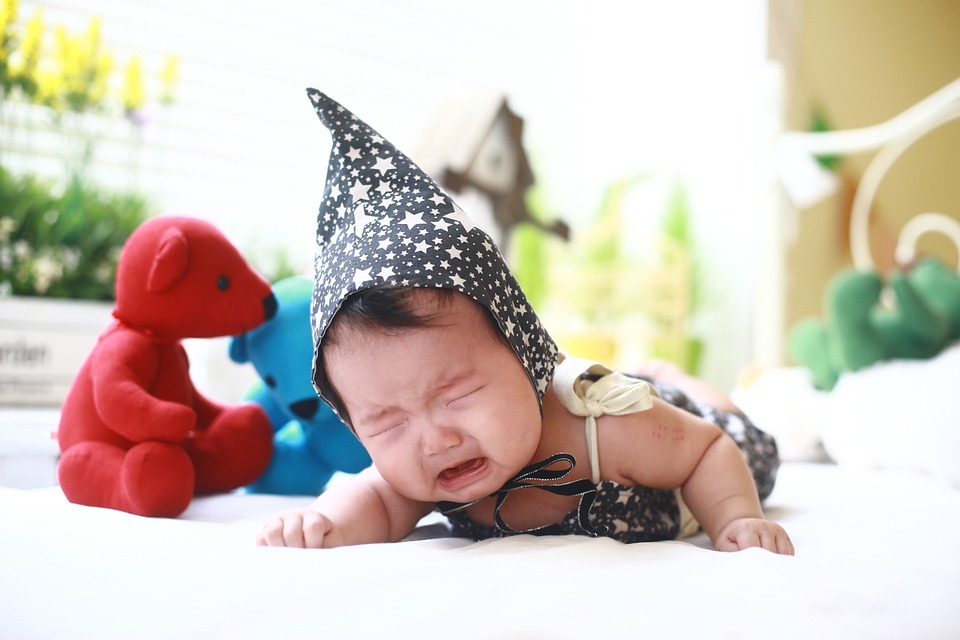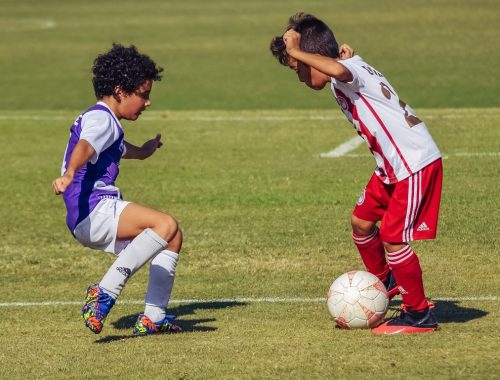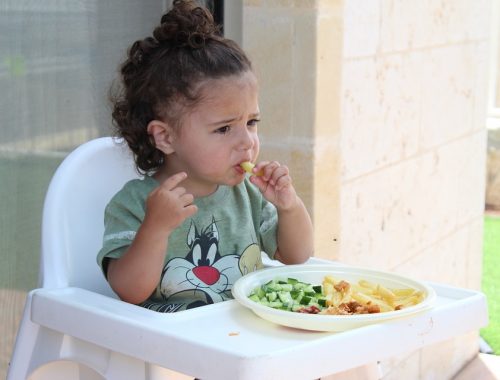
8 Tips To Manage Separation Anxiety in Babies
As babies grow, they develop strong emotional bonds with their parents and caregivers. This attachment helps them feel secure and safe. However, when separated from their primary caregiver, babies can experience separation anxiety, which can be distressing for both the baby and the parent. Separation anxiety typically begins around 6 to 8 months and can last until the age of 2 or 3. Here are some tips for parents to help manage separation anxiety in their babies.
Tip #1: Create a Predictable Routine
Babies thrive on routine and having a predictable schedule can help them feel safe and secure. Establishing a consistent routine for waking up, feeding, playing, and sleeping can help your baby feel more comfortable and less anxious when you’re not around. Try to maintain the same routine even when you’re away, so your baby knows what to expect.
Tip #2: Practice Short Separations
If your baby is experiencing separation anxiety, it’s essential to introduce them gradually to short separations. Start by leaving your baby with a trusted caregiver or family member for a few minutes and gradually increase the duration. This can help your baby develop coping mechanisms and become more comfortable being away from you.
Tip #3: Don’t Sneak Away
It might be tempting to sneak away when your baby is distracted, but this can worsen separation anxiety. When you leave without saying goodbye, your baby can feel confused and abandoned. Instead, say a loving goodbye and reassure your baby that you’ll return soon. This can help your baby feel more secure and understand that you will always return.
Tip #4: Use Transitional Objects
Transitional objects, such as a favorite blanket or toy, can help your baby feel more secure and comforted when you’re not around. These objects can also help your baby develop a sense of independence and self-soothing skills. Encourage your baby to use the transitional object during separation to help them feel more at ease.
Tip #5: Practice Self-care
Separation anxiety can be stressful for you and your baby, so it’s important to take care of yourself. Make time for self-care activities, such as exercise or meditation, to help reduce your own stress and anxiety. When you feel calm and relaxed, you’ll be better equipped to manage your baby’s separation anxiety.

Tip #6: Seek Support
If your baby’s separation anxiety is causing significant distress or interfering with your daily activities, seeking support is essential. Talk to your pediatrician or a mental health professional who can offer guidance and support. Joining a support group or online community can also be helpful, as you can connect with other parents going through similar experiences.
Tip #7: Allow Your Baby to Explore New Environments
While it’s essential to establish a routine and stick to familiar surroundings, it’s also important to allow your baby to explore new environments. Introducing your baby to new people, places, and experiences can help them develop a sense of curiosity and adventure, and can also help them feel more comfortable with new situations. Be sure to stay close to your baby and provide plenty of reassurance, but allow them to explore and learn at their own pace.
Tip #8: Stay Positive and Patient
Managing separation anxiety in babies can be challenging, but staying positive and patient is important. Your baby can pick up on your emotions, so if you’re feeling anxious or stressed, it can worsen their separation anxiety. Try to stay calm and reassuring, and offer plenty of love and affection when you’re reunited. Remember that separation anxiety is a normal part of your baby’s development, and with time and patience, they will learn to cope with being away from you.
Remember that separation anxiety is temporary and will eventually pass with time and patience.
You May Also Like

Should You Let Your Kid Play Football? (Experts Debunk Youth Football Myths)
2023-03-28
Choosing the Ideal Summer Camp for Your Kids: The Points to Consider First
2021-06-29

